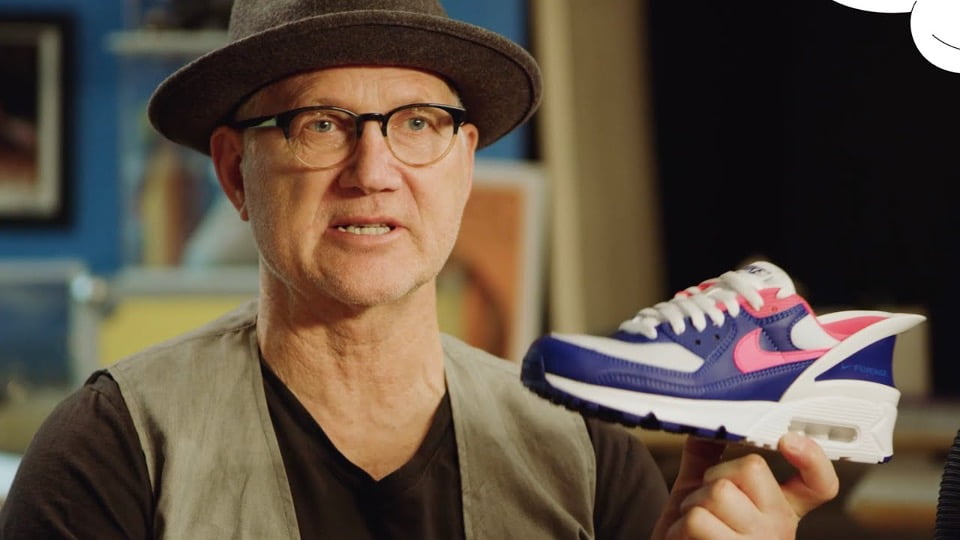
Years ago, Nike struggled and almost did not make it. As an emergency measure, they organised a contest and discovered some hidden rebel talent within their own organisation. And that saved them from going under. Organisations need to understand that rebels are not troublemakers, but they can be their ambassadors for innovation and change.
Nike struggled because of lack of talent
It may be hard to imagine nowadays, but there was a time when Nike was short of creative talent. In 1985, the company was not doing well at all. Nike’s financial situation kept becoming worse while rival brands like Adidas, Reebok, and New Balance were doing well.
Nike had to take action. And so they held a shoe design competition to find new talent. Nike’s in-house architect Tinker Hatfield also participated. To everyone’s surprise, he won the contest. The leader of the sneaker design team was impressed by his talent and arranged for Hatfield to join his team.
The Air Max 1
Hatfield started working on his first sneaker design. Designers typically receive a so-called ‘design letter’ containing the guidelines they must adhere to. Hatfield, though, felt he didn’t need any guidance and disregarded the letter.
Due to his background as an architect, he had become fascinated by the Center Pompidou in Paris; the building known for its unique design in which all its constructions, pipes, and systems are not hidden away, but visible to everyone on the outside.
He believed it would be amazing to create a pair of sneakers that allowed you to glimpse inside and see its inner construction. And so he designed the Air Max 1. It became one of Nike’s biggest successes and its innovative design took the brand to the next level when they needed it most.
Curious and creative
Rebels are naturally very curious. They are always asking questions, sometimes to the point of being annoying. They draw their inspiration from completely different settings, just like Hatfield did. With their creative talent, they translate this inspiration into something that can be applied to their environment. As a result, they often come up with surprising brand-new concepts and solutions that no one else has thought of before.
Courage and a big heart
Rebels have a very strong urge to make things better and therefore, they often don’t color inside the lines, especially when these lines don’t make any sense to them. Also, they can express themselves pretty bluntly when they see that something clearly needs improvement but nothing is happening.
And thus, they are often misinterpreted. These are the ‘disagreeable givers’ according to organisational psychologist Adam. Those who dare to say what everyone needs to hear but no one wants to. Grant calls them the most underrated employees of all.
Embrace the rebel
Hatfield never returned to his original job. Today he still works for Nike and a special position called ‘VP of Special Projects’ has been created for him. In this free role, he adds a tonne of value to the company.
At a time when we are desperately looking for talented people, it seems as if we forget that there is a lot of hidden talent in the organisation. It is a matter of discovering that talent and then creating the right environment in which that talent can reach its full potential. This means daring to open up to that troublemaker in your team. And that requires a lot of courage from the leadership.
Rebels may not be like you and that’s a good thing!
This article was originally published in Dutch in the paper magazine of CHRO.nl – the platform for HR executives.
don’t miss out!
get my columns straight into your mailbox:


